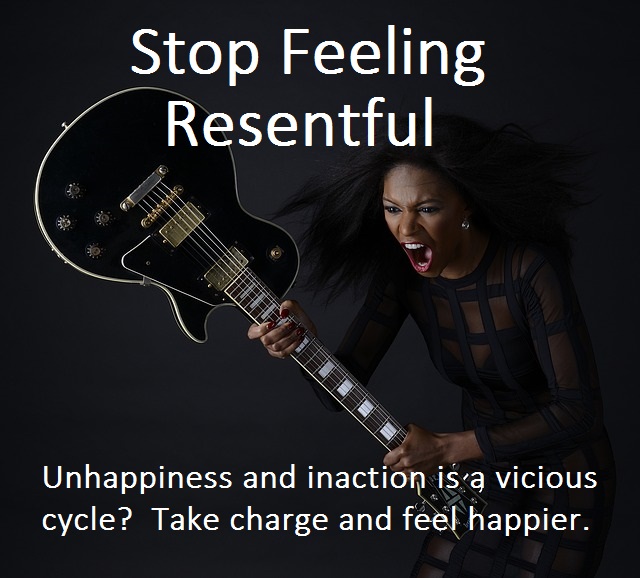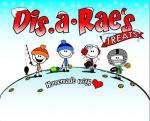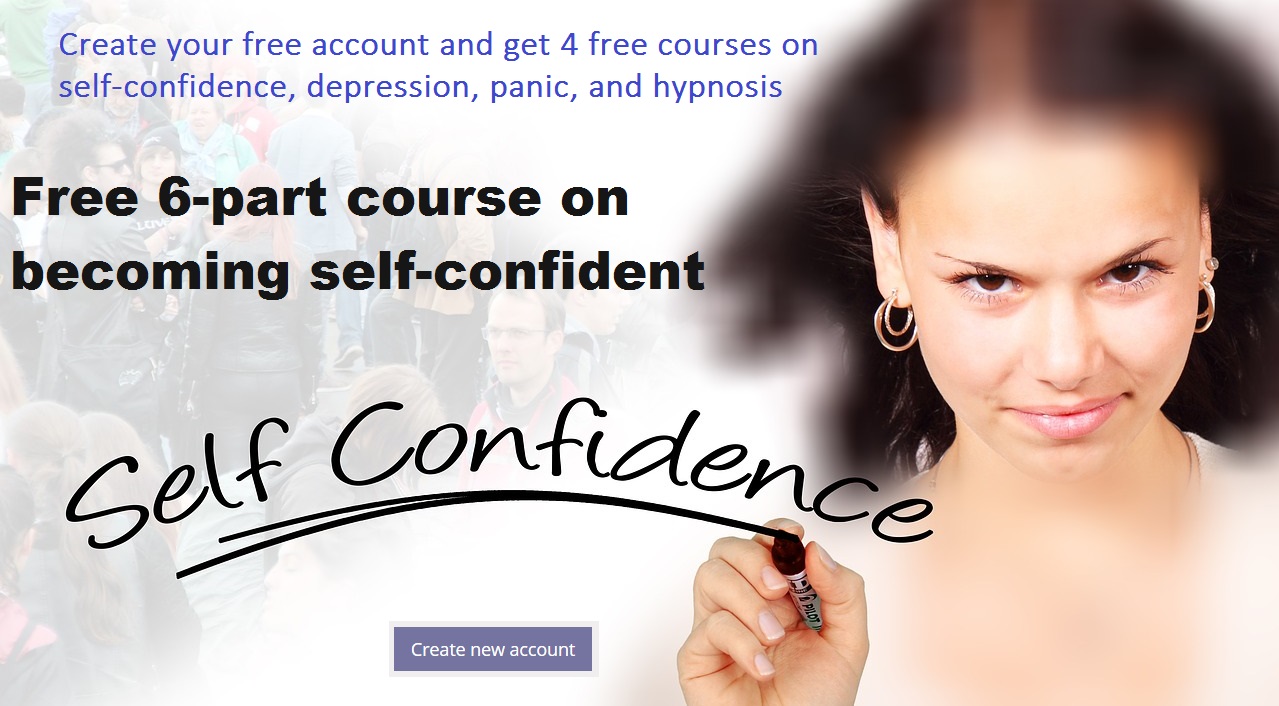National Domestic Violence Hotline
The National Domestic Abuse Hotline Number is:
1-800-799-7233
Sign Language Video with National Domestic Violence Hotline Information
The National Domestic Violence Hotline established in 1996, has been serving those in need for 15 years. Its lines are open 24 hours a day proving support through advocacy, safety planning and resources to help those affected by domestic violence. The National Hotline was created as a helpful service originated from the Violence Against Women Act.
Connected for Referrals: The Hotline is a non-profit organization that provides the following services such as crisis intervention and information and referrals to victims, perpetrators, friends and families. The National Hotline also has connections to over 4,000 shelters and domestic violence programs within the U.S.
Many Languages are Supported by the National Hotline
Callers requesting help from the hotline all remain anonymous and there are bi-lingual callers available 24 hours a day/365 days per year. The National Hotline has over 170 languages available within their staff. There is also a special line for those who are blind, deaf and hard of hearing too.
The purpose of a national domestic violence hotline is to provide services to help a victim or families and friends of a victim of domestic violence. Hotlines are available to provide advice, helpful resources and offer victims a way out of a dangerous situation.
You Remain Anonymous When Calling
Callers may remain anonymous. If you are a caller, there is no need for worry about being judged or feeling of endangered by the persons receiving your call. Victims of domestic abuse need to realize that they are not alone, and the trauma that they are facing is not their faults. They need a safe way to escape a relationship and to hopefully start a new life outside of the harmful relationship. The caller on the other end of the hotline is working to offer resources such as safe havens to escape to, or agencies that they may contact for further assistance and advice to help a person to handle their abuser.
Domestic Violence Hotlines are for Everyone Affected by Abuse
he National Hotline alone, receives over 23,500 calls per month.
This number includes victims, survivors, friend and family, law enforcement and domestic violence advocates. Someone who calls the hotline can feel safe and remain anonymous and also expect not to be judged.
A caller doesn't necessarily have to be in a crisis to contact the hotline. If you are needing information about domestic abuse or know of someone in a domestic abuse situation, you can receive information material or resources that can be helpful.
What to Expect When You Call
When a caller contacts the hotline, they can be sure that they will receive immediate help and the resources that they need to assist them with their situation. The caller can also receive a direct connection to a domestic violence resource that is locally in their area. If the person feels unsafe speaking on a phone, there is also assistance through email as well. He/she can receive informative materials about sexual assault, domestic violence, prevention programs, battering intervention and help working with the criminal justice program.
Callers should not feel ashamed or scared of calling the hotline. There will not be any connection that they have contacted the hotline as each call remains completely confidential.
There are plenty of operators ready to take your calls when calling the National Hotline.
There is also a TTY
National Domestic Violence Hotline
1-800-787-3224
TTY is useful for those who are disabled. The National Hotline also provides plenty of bilingual operators for those who speak a different language besides english. A caller will never feel like they are alone.
There will always be someone there to answer your call 24 hours a day/ 365 days per year.
After a caller contacts the the national domestic violence hotline, they receive connections to helpful resources available in their area. The operator will connect them to local agencies or organizations that can be of assistance. After a person calls, they can feel safe to know that their call will remain confidential. Each staff member of the hotline must sign a strict confidentiality form before answering the lines. The only time a member may have to break confidentiality is if the caller gives identifying information and there is abuse or neglect to a vulnerable person such as an elder, child or disabled.
Return from national domestic violence hotline to more resources for domestic violence help ...





